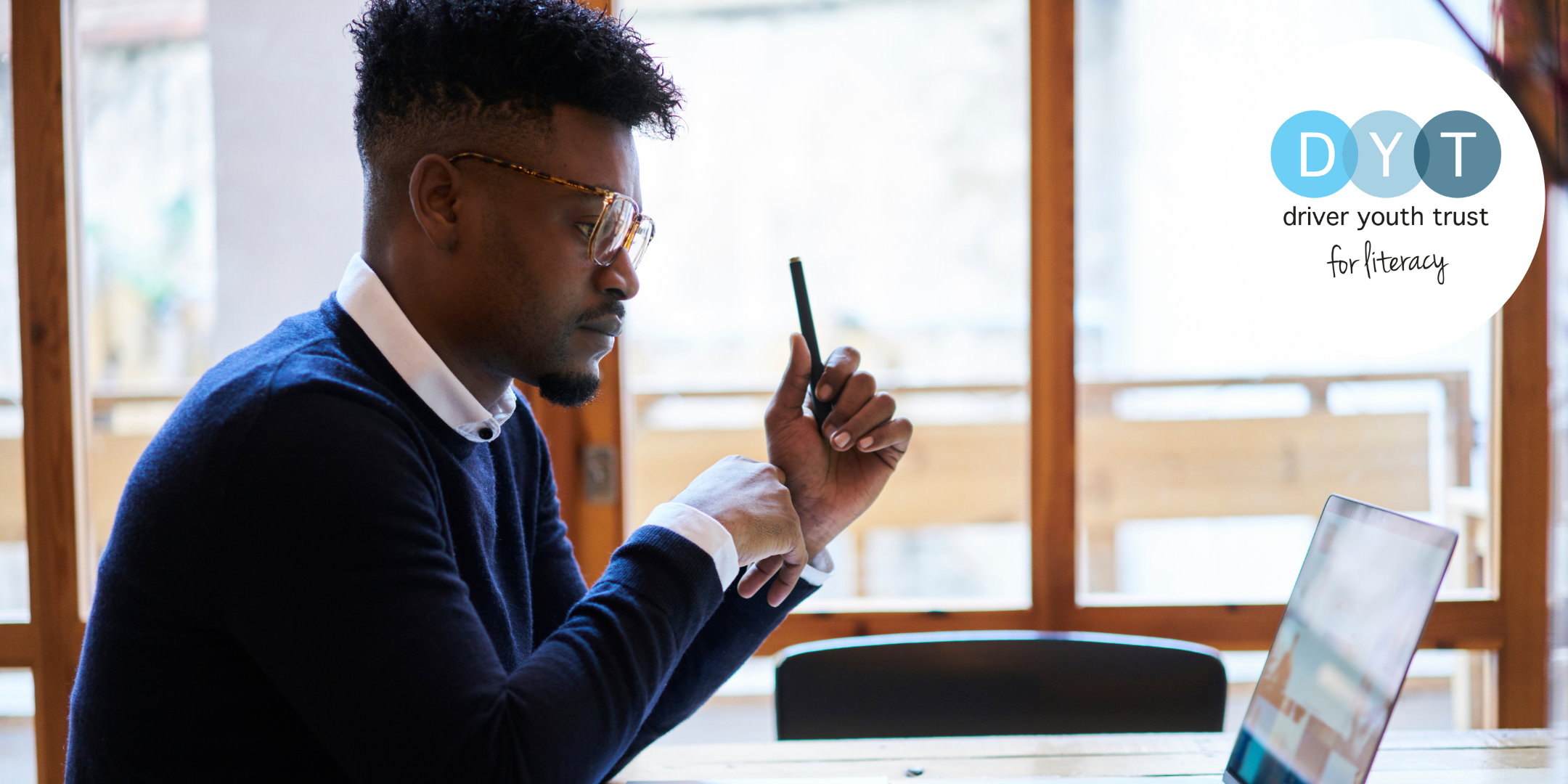
How to use our Comprehension Cards to check your learners’ understanding
16/12/2021
Check your learners’ understanding in lessons with our free Comprehension Cards resource. These cards let you test your class’s subject knowledge using a variety of different questions and are ideal for summarising content and ensuring each learner has grasped the topic before moving onto the next part of your curriculum. They’re also great for revision exercises!

The comprehension cards identify different approaches to information, following a sequence:
- Knowledge and recall
- Comprehension
- Application
- Analysis
- Synthesis
- Evaluation
Asking questions this way boosts a child’s understanding of a topic and helps them remember important information. By having the learner pin-point specific facts in their task, you’re making the task more memorable.
The cards don’t need to all be used at once – for example, if your child finds it difficult to develop their answers beyond basic facts, try setting them some questions using the ‘application’ and ‘analysis’ cards. This will encourage them to look at information from a different angle, and they’ll start to see the task differently.
Example: Rivers in geography
I like to use these cards to help a learner explore a topic that they are finding difficult to understand or remember a lot about. Choosing one question per section, I work with the learner in developing their answer from their previous work or their textbook.
For example, if we were learning about rivers in geography the questions could look something like this:
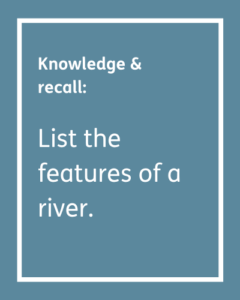
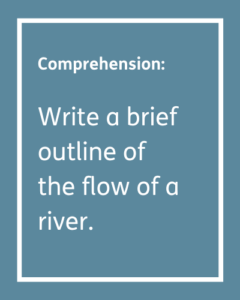
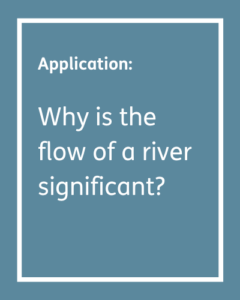
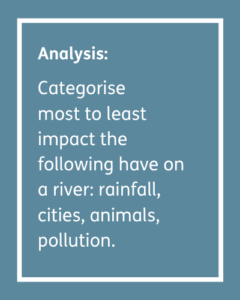
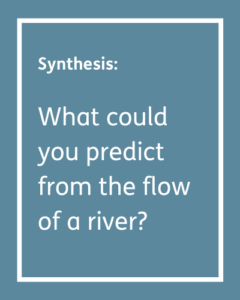
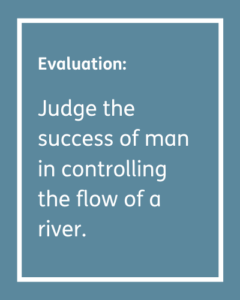
As you can see, each question looks at the information from a different angle and all are as important as each other. Don’t be put off by the technical terms – they reflect what is needed for GCSEs, but the cards can be used for learners from year 4 upwards. What’s most important here is the different ways you can ask questions about a task.
The comprehension cards, along with the rest of our literacy resources, are available for free in our resources hub – I would love to hear how you and your learners get on with them.

Kelly Challis, Head of Innovation & Learning
Inspired by working at a special school, Kelly completed a specialist qualification in teaching learners with literacy difficulties. Since then, she has worked in Primary and Secondary mainstream as a teaching assistant, Further Education as a manager, and Higher Education as a specialist one-to-one teacher. She has been a SENDCo in two preparatory schools.
